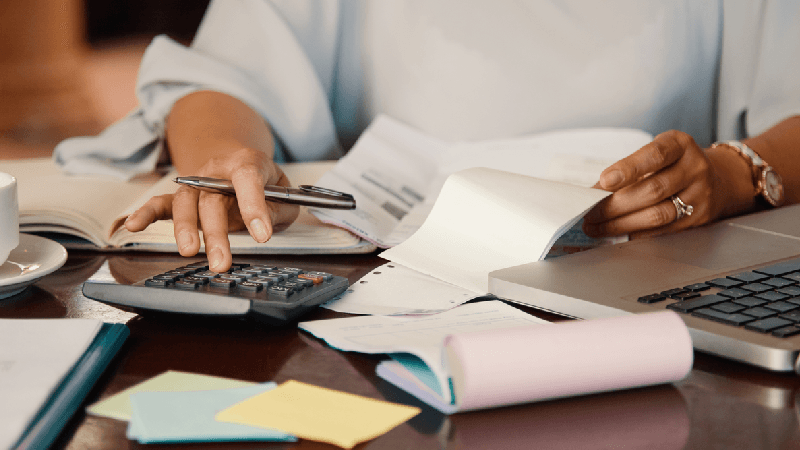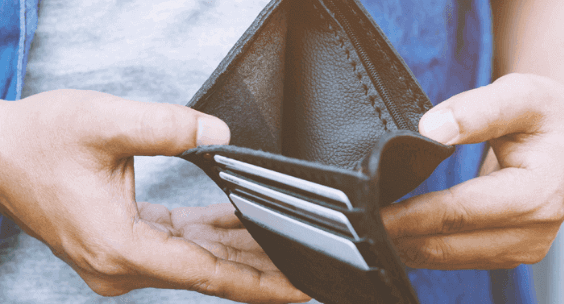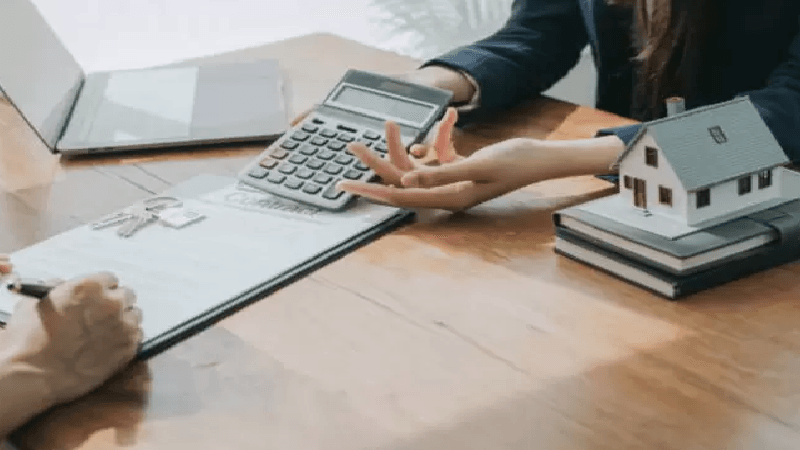
Today, indebtedness is a reality for many people around the world. Easy access to credit and lack of financial education are some of the factors that cause more and more people to find themselves with overwhelming debts and difficulties to pay them. However, it is possible to get out of this situation and avoid falling into unnecessary debt. In this article, we will provide you with some useful tips to reduce your debts and maintain good financial health.
Evaluate your expenses
Before taking any steps to reduce your debts, it is necessary that you make a detailed analysis of your expenses. To do this, we recommend that you make a list in which you include all the fixed and variable expenses you have each month.
Once you have this list, analyze each of the expenses and ask yourself if they are really necessary or if you could reduce them in some way. For example, you could reduce the cost of your telephone bill or television service by contracting a more basic package or renegotiating the contract with your provider.

It is also important to identify those expenses that are not essential and that you could eliminate completely. For example, if you eat out every day, you could start bringing home-cooked meals to reduce costs.
Once you have identified all your expenses and eliminated those that are not necessary, try to set a realistic budget for yourself and try to stick to it as much as possible. This way, you will be able to have better control over your finances and avoid falling into unnecessary debt.
Establish a detailed budget
The best way to avoid unnecessary debt is to establish a detailed budget. This means identifying your monthly income and expenses and creating a realistic spending plan that allows you to live within your means.
A good practice is to make a list of all your expenses, including the little things like coffee in the morning or dinner out. Then, think of ways to reduce those unnecessary expenses and adjust your budget accordingly.
Remember that setting a budget is not enough. You should also review it regularly to make sure you're meeting your long-term financial goals and make adjustments if you're not.
In short, if you want to reduce your debts and avoid unnecessary debt, setting a detailed budget is key.
Reduce unnecessary expenses
One of the most effective ways to reduce your debts and avoid unnecessary debt is to review your budget and detect those expenses that are not essential. For example, you can:
- Cancel subscriptions to services you don't use
- Buy generic brands instead of higher-priced ones.
- Adjust your telephone and cable TV plans.
- Buy second-hand products instead of new ones, whenever possible.
- Look for deals and promotions in stores or supermarkets
All of these small changes can help you reduce your monthly expenses and have more room to pay your debts or save for future contingencies.
Look for ways to increase your income
Reducing your debts is important to avoid falling into unnecessary debt, but it is also essential to look for ways to increase your income so you can pay off your debts faster and improve your overall financial situation.
Some options for increasing your income may include:
- Looking for a second job or additional work.
- Selling items you no longer need or use.
- Investing in an activity that generates passive income.
- Monetization of a hobby or skill.

Remember that each person has unique skills and talents that can be leveraged to generate additional income. Find a way to identify them and put them into practice.
Prioritize your debts
Once you have a record of your debts, it is important to prioritize them according to their importance and urgency.
Priority debts: are those that must be paid as soon as possible, since they have immediate negative consequences if they are not paid off. These may include mortgage or rent payments, utility bills such as electricity, water and gas, credit card payments with high interest rates, among others.
Secondary debts: these are debts that although they do not have an immediate urgency, they are still important and should be paid as soon as possible to avoid additional interest charges. These may include personal loans, installment purchases or financing.
Non-priority debts: these are debts that, although we must pay them eventually, do not have an immediate urgency or significant consequences if they are not paid in the short term. These may include fines or traffic violations, small credit purchases or long-term payments.
By prioritizing your debts you will be able to focus on the most important and urgent ones, avoiding delays and additional late interest charges. In addition, you will be able to establish a plan to pay them in order of importance.
Negotiate with your creditors
If you are having trouble paying your debts, your creditors may be willing to negotiate with you. You can try the following:
- Ask for an extension of time to pay.
- Ask for an interest rate reduction.
- Find a payment plan that fits your financial situation.

Remember that it is important to be honest and transparent with your creditors to find a solution that works for both parties. This way, you can avoid unnecessary debt and keep your financial reputation in good standing.
Consider consolidating your debts
One of the most effective ways to reduce your debts is to consolidate them into one account. This means combining all your debts into one account and paying them with a single monthly payment.
Consolidating your debts allows you to get a lower interest rate and reduce the amount of monthly payments you have to make. It can also help you simplify the payment process, since you will only have to worry about one loan instead of several credit cards or personal loans.
However, keep in mind that consolidating your debts is not a magic solution to all financial problems. Make sure you fully understand the terms of the loan and make sure it is a feasible and affordable solution for you.
Seek professional help if necessary
If you find yourself in a difficult financial situation and feel that you cannot handle your debts on your own, do not hesitate to seek professional help. You can turn to a financial advisor or an organization that specializes in debt management for guidance and decision-making support.
You can also consider the possibility of seeing a financial therapist, who will help you identify the behavioral patterns that lead you into debt and provide you with the tools to change them.
Remember that asking for help is not a sign of weakness, but a sign that you are willing to take the necessary steps to improve your financial situation.



